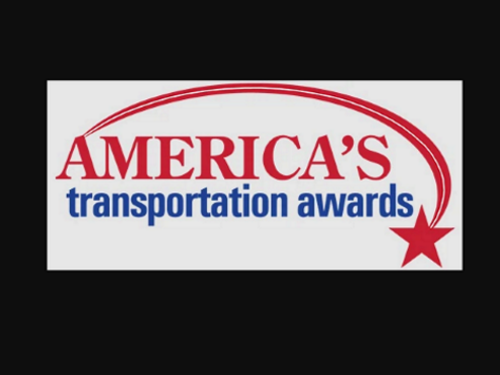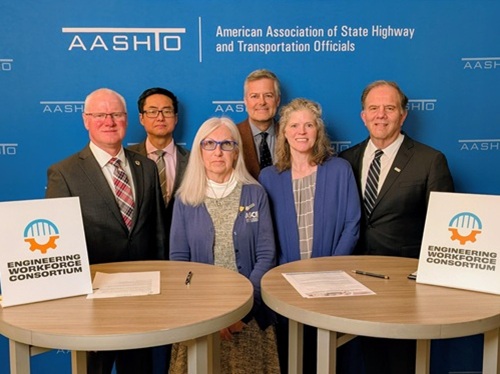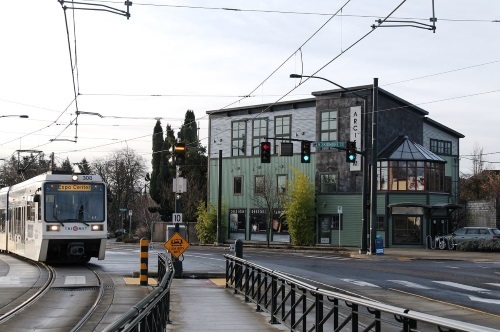In response to the ongoing COVID-19 pandemic, the Federal Transit Administration is improving access to grant funding and providing relief from certain regulatory and administrative requirements for public transit agencies.
[Above photo by the FTA.]
The agency is also providing $6.2 million to nine projects in seven states via its Pilot Program for Transit-Oriented Development or TOD planning program to support efforts to improve economic development and multimodal connectivity, while encouraging mixed-use development near transit stations.

In terms of its latest COVID-19 response efforts, K. Jane Williams – FTA’s deputy administrator – said the agency will extend access to emergency relief funding and allow transit agencies more time to comply with Public Transportation Agency Safety Plan and Public Transportation Safety Certification Training Program regulations, as well as other reporting and compliance reviews.
“We understand that many transit agencies are experiencing disruptions to normal operating procedures during the COVID-19 public health emergency,” she said in a statement. “FTA is taking these actions to ensure transit agencies can continue to prioritize their resources toward ensuring the safety of their employees and riders during this time.”

FTA also has extended the eligibility for formula funding under the Emergency Relief Program to pay for operating expenses – covering COVID-19 related operating expenses through January 20, 2022, at 100 percent federal share.
Meanwhile, the recent $6.2 million the agency issued in TOD planning funds aims to help transit agencies “encourage economic development and capture the value transit brings to communities as they respond to and recover from the COVID-19 public health emergency,” FTA’s Williams noted in a separate statement.
The Southeastern Pennsylvania Transportation Authority – known as SEPTA – will receive $360,000 from this most recent release of TOD planning funds to help build five stations along the proposed four-mile King of Prussia rail extension of the Norristown High Speed Line.

SEPTA is also involved in a research project with Drexel University to “enhance efforts” to prevent the spread of COVID-19 on public transportation. Both are also seeking a federal grant to help fund that research into risk assessment, mitigation, and communication strategies to help keep public transit riders safe and healthy.
“The health and safety of our customers and employees is our top priority as we work through the COVID-19 pandemic,” explained Leslie Richards, SEPTA general manager and former secretary of the Pennsylvania Department of Transportation, in a statement.

“Studies during the pandemic have shown that public transportation is safe and there have been no direct links between riding SEPTA and contracting the coronavirus,” she added.
“By partnering with Drexel, SEPTA will be positioned to continue to adapt and add measures to improve the safety of customers and employees,” Richards said.
“Like many public transit agencies and transportation hubs, SEPTA has already made significant changes to protect the health of their riders – from encouraging masking and social distancing to enhancing cleaning and ventilation,” noted Aleister Saunders, PhD, senior vice provost for research at Drexel.
“But evaluating these safety measures and reporting on their effectiveness will be important for assuring riders that they can safely travel on mass transit,” Sauders added.
 Nation
Nation
Entries Sought for 2026 America’s Transportation Awards
February 27, 2026 Nation
Nation

